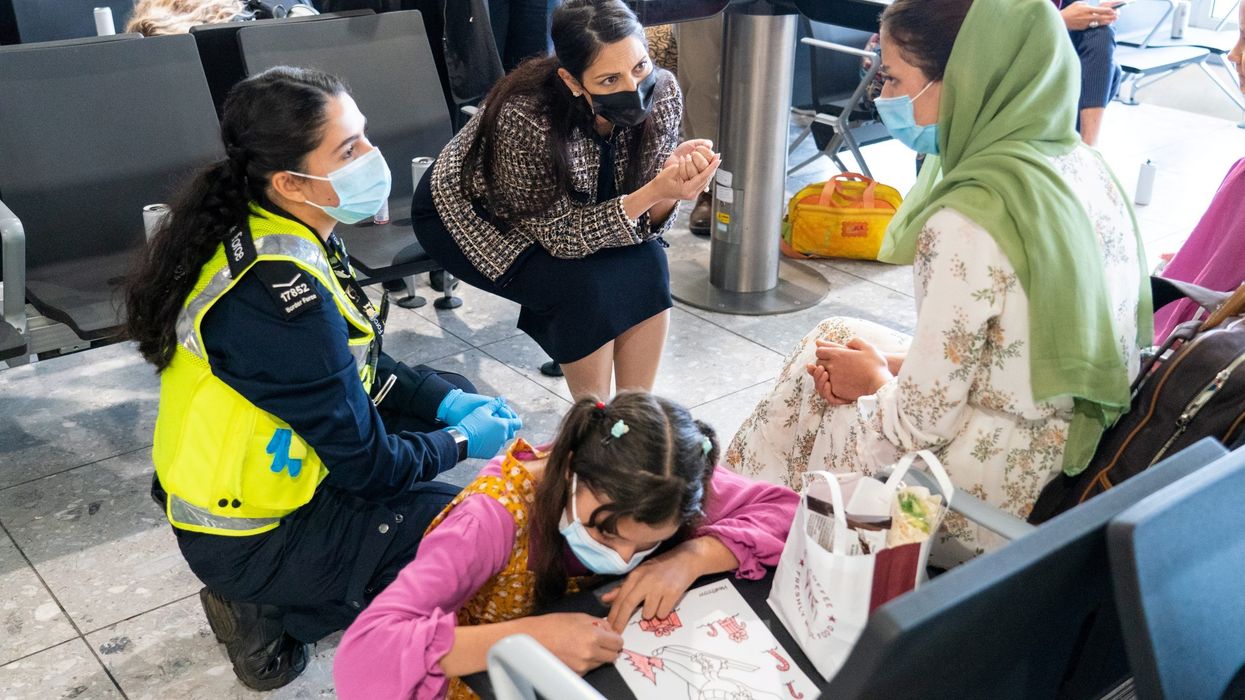BRITAIN said on Friday (27) that it plans to complete its airlifts out of Afghanistan "in a matter of hours" as the frenzied evacuation effort out of Kabul airport draws to a close.
"We will process those people that we have brought with us, the 1,000 people approximately inside the airfield now," British defence secretary Ben Wallace told Sky News.
"And we will seek a way to continue to find a few people in the crowd, where we can, but overall the main processing has now closed and we have a matter of hours."
Wallace said that the UK had "closed the Baron Hotel" at 0330 GMT, where those wanting to fly to Britain had gathered.
It also closed the processing centre for asylum seekers, and shut Abbey Gate, one of the points of access to Kabul airport and one of the areas targeted in twin suicide bombings on Thursday.
Nearly 14,000 British citizens and Afghans had been rescued as part of the UK evacuations since mid-August when the Taliban swept to power, Wallace said, but added: "The sad fact is not every single one will get out."
He told LBC radio that there could be "approximately 100 to 150 British nationals left" in Afghanistan, some of them staying willingly.
He added that between 800 and 1,100 Afghans who were eligible for relocation under the UK's scheme "didn't make it".
The Times reported that documents with contact details of Afghan staff and job applicants were left lying on the ground at Britain's Kabul embassy compound.
A reporter who called the numbers found that some of those named were still in Afghanistan earlier this week and so risked reprisals.
Wallace told LBC that he learnt of this from the front-page report and "clearly it's not good enough".
"I think the prime minister will be asking some questions," he added.
Boris Johnson said his government would continue with its evacuation operation in Kabul despite the attack near the airport on Thursday (26).
The twin suicide bombs ripped through crowds outside Kabul airport on Thursday, killing at least 85 people including 13 US troops and deepening panic in the final days of the evacuation effort.
The bombings, claimed by the Islamic State group, left scenes of carnage outside the airport where thousands of Afghans desperate to flee their country had massed.
Wallace said that the "horrendous" attacks "didn't hasten our departure.
"We closed the Baron Hotel almost exactly on schedule. The threat is obviously going to grow the closer we get to leaving."
(Agencies)




